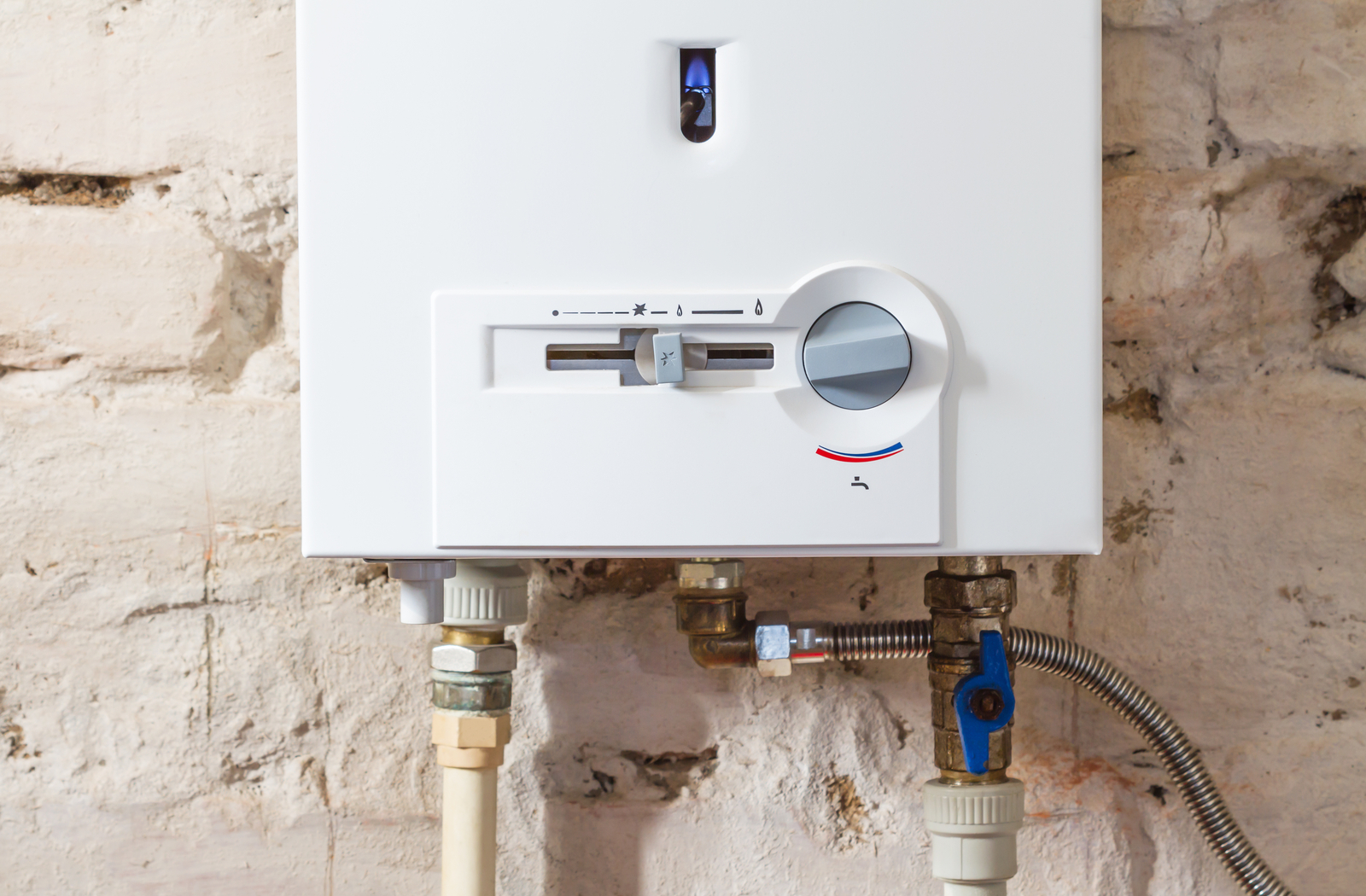Is Your Home Suitable for a Tankless Water Heater?
Is a Tankless Water Heater the Right Choice for my Home & Family?
When it’s time to replace your traditional water heater, you are typically faced with two choices: opt for a new traditional style water heater or take advantage of the newest technology in home water heating systems: tankless water heaters.
Also called an on-demand water heater, tankless water heaters are becoming increasingly popular in Whitby homes due to their small size, high energy efficiency, and environmental impact.
But is a tankless system suitable for your home? Water heaters can be a costly investment, so there are some important factors to consider before you make a choice.
What are Tankless Water Heaters?
Tankless water heaters are just that: tankless. Because water isn’t stored in a large tank, the water is heated only when you need it instead of being warmed and stored for future use.
When you turn on your hot water faucet, cold water travels through a pipe into the tankless heater. Once there, it’s heated by either a high-powered gas burner or an electric heat exchanger. When the water is hot, it flows out of the tap, ready for use.
Like anything, tankless water heaters have their pros and cons. Let’s explore these in more detail:
Advantages of Tankless Units
Lower Energy Demands. Because tankless units are not continuously working to keep a full tank of water warm at all times, they use less energy overall.
Lower Monthly Bills. This reduced energy usage translates into lower monthly energy bills.
Longer Lifespan. Tankless units can last up to 5-10 years longer than a traditional model.
Smaller Footprint. Because they don’t have a tank, they are significantly smaller than their traditional counterparts.
Instant On-Demand Hot Water. Because the water is heated as required, instead of in batches, you can enjoy hot water whenever you need it.
Less Chance of Flooding. A traditional water heater has a very large tank full of piping hot water. If this tank becomes damaged in any way, it can leak, potentially causing extensive water damage to your home.
Modern Look. Tankless units offer a more modern, streamlined appearance.
Disadvantages of Tankless Units
Potential Supply Issues. Your tankless system can become strained and may not be able to keep up with a very high demand if several family members require large amounts of hot water at the same time.
Higher Upfront Costs. Installation costs are typically higher with tankless units. If you are replacing a traditional water heater with a tankless model, your system may have to be retrofitted. However, lower monthly bills generally offset these costs over time.

Is my Home Suitable For a Tankless Option?
Now that you know how a tankless water heater works and it’s pros and cons, is it the right choice for your home and family? There are a few more factors you should consider before making a decision.
Usage & Family Size
It is important to consider the size of your family and your total water consumption. For example, if you have a large family, your hot water needs will likely be high. However, if you live alone or have a small family, your hot water needs are probably more modest.
Asking yourself the following questions may help you decide:
- How much time, on average, do you spend at home?
- Do you travel extensively?
- How often do you shower at home vs. elsewhere (such as at the gym)?
- Are you going to be welcoming any new additions to the family any time soon?
- Do your family members' schedules vary? Do you require a lot of hot water at the same time?
It can also be helpful to review your past water utility bills. Calculate on average how much water you have consumed over the last year. This will give you a good sense of your water consumption needs.
Home Size & Installation Footprint
The size of your home and the area your water heater will be installed also need to be factored in when choosing a water heater system.
Tankless water heaters are much smaller in size and therefore take up considerably less space. This is great for tiny homes, smaller attached homes, and older homes with small, confined rooms. In some cases, tankless units may also be installed outside the home.
If you have an abundance of space, a tankless water heater is a great option for large homes as well. It can free up space in your utility room without impacting your supply of hot water.





